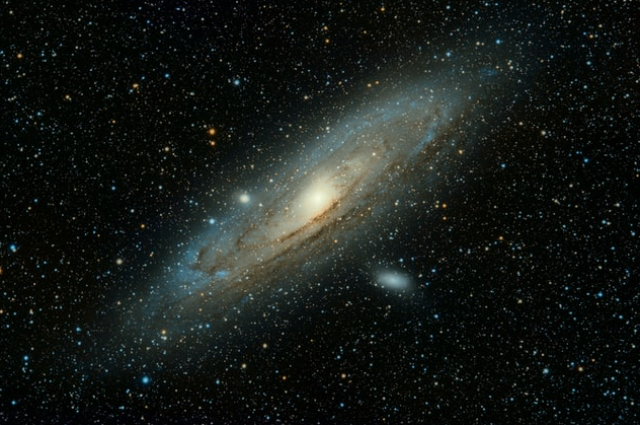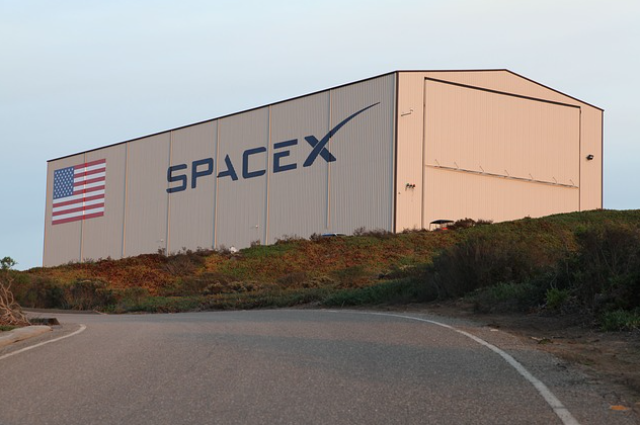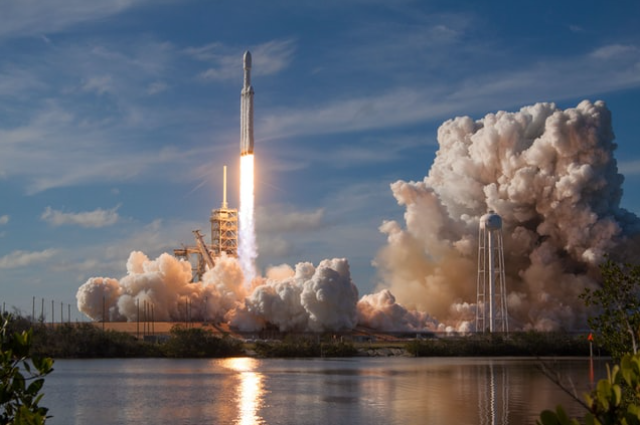
From the dawn of civilisation, humans have been fascinated with their surroundings and have tried to give a scientific explanation to the various phenomenon affecting the life of mankind. Space is the field that has attracted human attention most since the past few decades. Humans have tried to see everything from the eyes of science and as a common man look up all he sees is the vast expanse of emptiness with few objects twinkling at the far distance. Space is like a vast ocean having different kinds of creatures of unknown origin that fascinate the human race.
Even during the classical age in India, astronomers like Aryabhata, Varahamihira and Brahmagupta have worked in providing the basic knowledge about space and the celestial bodies which we see when we look up and wonder why the moon rotates around the earth? How much time do earth and moon take to revolve around sun and earth respectively?
Apart from Indians which have made us pride many European scientists like Newton and Galileo have provided many universal laws to define the phenomenon occurring in this vast universe.
The first real advancement towards space was taken only due to a war of competition. It was Cold War between the USA and USSR. Both wanted to establish world dominance in the so-called event ‘Space Race’. This ‘Space Race’ lead to many new advancements from the launching of the first satellite to the first man on the Moon.
Space must have fascinated a lot of people. Sitting in a small room thinking about how small we are as compared to the never-ending universe. Thinking that we don’t even know what’s on the other side and still considering ourselves as a genius species trying to find a solution to every problem. All of these things I have told till now is history but a major question that remains is that what about ‘today’? What about the ‘future’?
That time has passed when few astronauts trained vigorously for years to be launched by international space agencies belonging to countries who have dominated the space for past few decades. In the year 2020s, many rich businessmen have shown us that even on a small budget people can still reach the space and enjoy the beauty that is better when one is in between them.
Once Konstantin Tsiolkovsky said, “The Earth is the cradle of humanity, but mankind cannot stay in the cradle forever.”
In recent times, people’s expectations with the space adventure have reached a new height similar to the price of bitcoin. I, myself want to go to space or live on different planets. And this notion, this idea of shifting to a new planet isn’t confined to me. Many billionaires and multi-billionaire have used their wealth to go to space for entertainment purposes.
Space company like Virgin Galactic has sent its owner Richard Branson along with its 6 crew members to the space for about 100 minutes for just the price of over 3 crores per person. This might seem to be a large amount but just compare it with NASA who uses more than twice the amount per seat. Space travel has not only become easier but also cost-efficient.
Not a few days after the richest man on earth i.e. Jeff Bezos also went to space on his Blue Origin's New Shepard spacecraft. Along with that, there is the famous space company of Elon Musk, SpaceX. We might think that it is not accessible to common people and that’s true but we don’t realise is that space is closer to us now than before.

Image by SpaceX-Imagery from Pixabay
Even if it is rich businessmen or big agencies one should realise that we now have better opportunities to fulfil our child’s dream. In upcoming years, space tourism and space exploration would be most work efficient as well as cost-efficient.
Due to these recent achievements in the field of space especially by private agencies which are doing the missions at a cheap price the future of space holidays and space exploration is bright.
Due to the tough competition in the field of space now big companies will start to provide better quality at low prices. This is called capitalism. Even if they want to create a monopoly the competition would help in lowering the price and improvement in space exploration. New habitable planets and new minerals or resources could be found which might be helpful in development down on earth.
It could be expected in upcoming years people would be able to travel to International Space Station for their summer holiday. At the start, only rich people would have the ability to see the beautiful space outside the congested earth.
It could also be expected that in upcoming centuries either we would shift to another planet or would plan our destination wedding on Mars and reception on Moon. All jokes apart the notion of shifting to another planet has been hyped in recent years. A big businessman name Elon Musk, whom I think you know, yes, the owner of Tesla and SpaceX has claimed that before his aim is to colonise Mars and Moon and he would achieve it at all cost. The Dogecoin Guy has said it himself so we should have confidence in him.

The point that I want to focus on is that why our first priority is to shift to another planet, why we are wasting the beautiful home given to us. Yes, it is good for plan-B to find a planet habitable of humans but isn’t our plan-A should be to protect Earth.
Even in space exploration, the advantages would be the richest 1% of the society. While the other 99% just look at the sky and keep dreaming. While shifting to another planet priority would be given to the powerful and richest people on the earth. While the poorer section stays on earth and faces the consequences caused due to the problem created by the rich people.
I think the rich people might always wake and look to the mirror and would say, “I am the destroyer and I am the saviour.” Advancement in space explorations is a very good thing but our main focus should be utilising the information found for the well being of all humankind and not only a small section of society.
At last, I would like to add, “ Future is created with what we do today, not tomorrow.”
